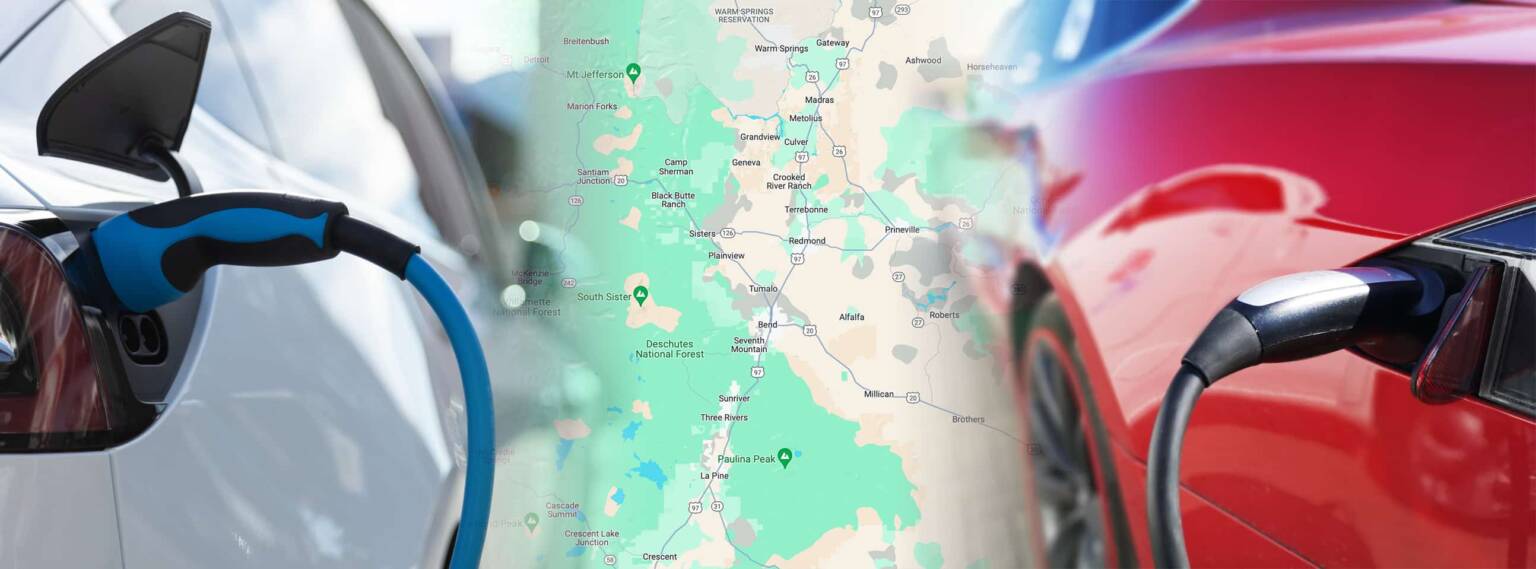Take Action on HB2209: High Hazard Rail Contingency Planning 2021
Submit your comments on the proposed rulemaking before December 29 to make sure your voice is heard!
Where to submit: HHRP@deq.state.or.us
Submissions Due: 4 p.m. on Tuesday, Dec. 29, 2020
Subject Line heading: HIGH HAZARD RAIL RULEMAKING COMMENT
Signature: Your full name, address, and contact info
Tips:
- Make it personal
- Does this affect your business, your family? Your personal health?
- What needs to happen? Do you have a solution or an idea? This can be as simple as “this bill does not go far enough”, or “this fails to protect the most vulnerable”
- Keep it under one page, unless you have evidence that needs sharing
- Feel free to use and expand upon the talking points listed below
Context:
- In 2019 the Oregon legislature adopted HB 2209. The bill concerns contingency planning for railroad transportation of oil. Railroads are required to conduct emergency contingency planning and submit emergency plans to DEQ. DEQ is also required to adopt rules about this type of planning. DEQ is conducting this rulemaking to adopt these contingency planning rules.
- To view copies of the notice documents, learn more about this rulemaking, and how to submit comments, you can view the rulemaking web page at: High Hazard Rail Contingency Planning 2021 Rulemaking web page.
- DEQ will hold a public hearing on this proposed rulemaking at 1 p.m. on Wednesday, Dec. 16, 2020. The hearing will be held remotely.
- The public can participate in the hearing by video webinar or audio teleconference:
- Join online via Zoom
- Meeting ID: 898 5753 7633
- Passcode: 226859
- Join by phone: Call-in number 888-475-4499 (toll-free in the U.S.)
Talking Points and Recommendations:
Oregon needs to protect its residents from potential oil train derailments, spills, fires, and explosions. Additionally, Liquified Natural Gas (LNG) is now allowed for transport by rail, without any additional safety rules or regulations that would make it more safe.
- Any corporation transporting oil or LNG by rail through Oregon communities must:
- Carry insurance equal to the cost of a worst-case spill or fire.
- Carry a surety bond obligating them to pay the cost of response and cleanup.
- Disclose the dangerous cargo and the time it will be transported through an area, to first responders with at least 24 hours notice.
- History shows that this volatile cargo has dangerous, life threatening explosions that can cause extreme damages, up to 3 billion in the case of the event in Lac Megantic.
- The costs of rebuilding, repairing and cleaning up after a derailment, crash, spill or fire should not fall back on taxpayers, but should be born by those responsible.
- Oil transporters, rail companies and their associated partners should be required to make rail cars safe for transport, and make safety repairs to tracks throughout the system.
This is a public health and safety issue that affects all Oregonians who live, work or play near the tracks.
- All homes, businesses, schools, parks, places of worship, and natural areas within 0.5 miles of the train tracks are at risk of direct damage from an oil train derailment, spill, fire or explosion.
- All homes, businesses, schools, parks, places of worship, and natural areas within 1 mile of the train tracks would need to be evacuated in the case of an oil or train derailment, spill, fire or explosion.
- If LNG is being transported, the direct risk and evacuation zones are even larger.
- 22 cars of LNG, if exploded would be the equivalent of the Hiroshima bomb.
- This is an unacceptable risk to life and property.
This is an environmental justice issue that violates Title VI of the Civil Rights Act.
- Low-Income and POC communities are disproportionately housed near train tracks, which puts them at a greater safety and health risk than their wealthier and whiter counterparts.
Our waterways and wildlife are put at risk by oil trains.
- Derailments can cause toxic oil to spill into waterways and groundwater, resulting in contamination of ground and surface water.



